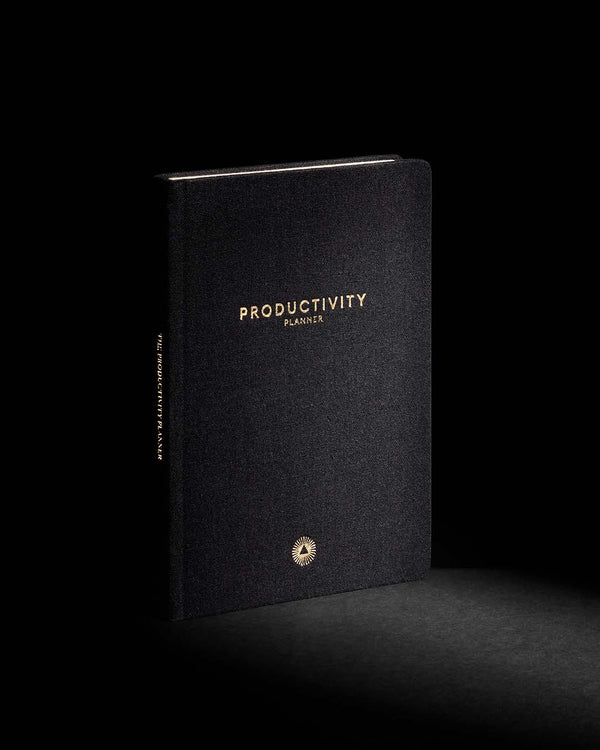Is It Okay to Not Be Okay?

Although mental health has never been more publicly represented, the public pressure to feel good has also never been stronger. On one hand, we often hear that “It’s okay to not be okay”, but on the other, for many of us, the application of this principle doesn’t come that easy. No one likes to “not be okay”. In fact, improving, implementing positive changes, and working towards getting better is a normal human tendency.
When we catch a cold, we know that a couple of days in bed along with some vitamins, lots of fluids and some medicine will improve our condition. But what happens when we’re in pain emotionally, something that can’t be fixed so quickly? How do we decide to treat it?
In this article, we’d like to talk about “being not okay”, with the goal of normalizing this state. We are so deeply conditioned into striving for okayness that we don’t realize we’re missing out on a lot by avoiding the state of un-okayness.
Feeling Our Feelings
The reasons for not being okay can be many. There are the concrete ones that you can name and point your finger at–such as burnout, grief and loss, job dissatisfaction, family issues. And there are also the more abstract ones, caused by identifying who you are, pressuring existential questions, or finding your purpose in life.The latter can be difficult to identify but can be equally crippling.
The state of being un-okay is the state of disturbed homeostasis–the state of steady and balanced internal and external, physical and chemical conditions in our system. Our homeostasis is disturbed when we’re thirsty, hungry, or have a fever, but in such situations, it’s easy to retrieve it. When we’re emotionally unwell, we also seek to retrieve our homeostasis, but not many of us are aware that the remedy in such cases is to let ourselves feel.
Feelings Don’t Just Go Away
By trying to return to “normal” at all costs and numb difficult emotions, we’re delaying the inevitable process of dealing with these emotions. And while we do encourage people to work on improving themselves and their state of being, it’s important not to be misled that, in order to be successful or satisfied in life, you need to be happy and joyful at all times.
Due to the substantial pressure by the media, both traditional and social media, as well as the stigma that often accompanies mental health problems, we may think that there’s no time to waste on sadness, anger, fear, or depression, and instead opt for toxic, unrealistic, and fake positivity. The consequence of this is that many of us go through life without allowing ourselves to feel negative emotions or acknowledge them.
Instead, what we do is ignore or hide them.
But, these emotions still exist. They accumulate, making things even worse for us when we reach a boiling point, when we can’t postpone dealing with them any longer. This toxic emotional cycle can take a huge toll on our mental health, and that’s why it’s important to learn how to circumvent it.
Another thing we want to point out is that it’s not only us who suffer from not dealing with difficult emotions–they can affect the people around us, too. For example, if you had a difficult time overcoming your negative emotions after a painful breakup, you’re very likely to hurt the next person you get involved with, due to the enormous emotional burden and unresolved issues that you’re bringing into a new relationship.
Furthermore, the longer we postpone dealing with difficult emotions, the more sensitive, nervous, and stressed out we become. That way we risk lashing out and hurting the people we love the most.
Fighting the Stigma
In light of what we said previously, it’s our responsibility as a society to take away the stigma and shame that accompany the state of not being okay. Allowing ourselves to be who we are and to feel our emotions doesn’t make us weak or negative. It makes us more true to ourselves.
In order to be good to others, we need to be good to ourselves first. An excellent example of this is yoga teaching. When we do yoga, we learn that pain is an impermanent condition. We are never instructed to push ourselves aggressively over our own pain limit–rather, we are encouraged to lean on the state of discomfort in a certain pose and test that limit, until we can tiptoe around it, then focus on ourselves, on our breathing, and repeat. That’s the only way to release the hold and raise our pain threshold slowly: one step at a time.
It’s the same with feelings: you need to be with them and lean on the pain they cause if you want to learn something new and overcome the challenge they impose. You’re not being selfish if you take time to focus on yourself and deal with whatever is bothering you, as that’s the only way to be fully present with others.
Wrapping It Up With a Change of Perspective
Being not okay is not easy. There’s no simple remedy, a pill, or a step-by-step guide on how to get rid of difficult emotions and return to your homeostasis intact.
However, there’s one thing that can help us: a change of perspective. Knowing that today’s hardships and challenges will only make us more conscious, more aware, and stronger tomorrow gives us aspiration, even when it seems that our current situation couldn’t get any worse.
Personal growth, well, that’s something to be grateful for.






